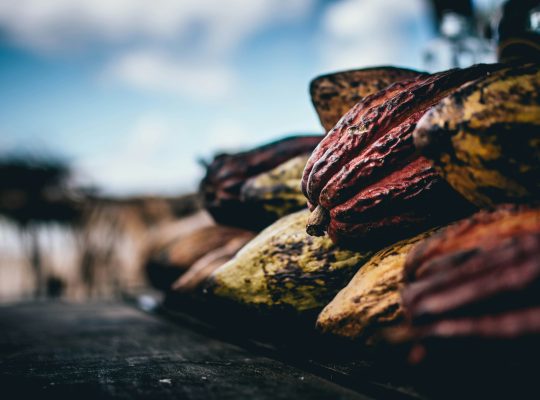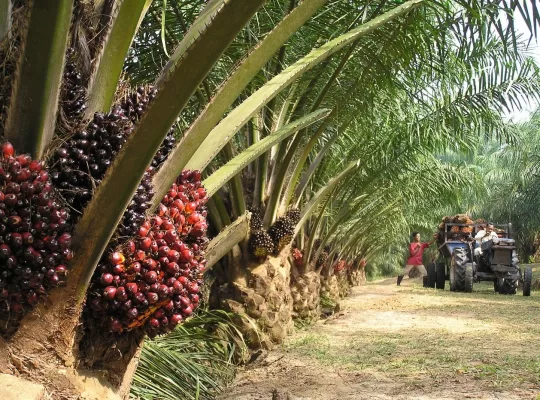Indonesia recently decided to relax import restrictions for a variety of products after facing criticism from businesses and the general public. This decision serves as a warning against the use of protectionist measures by countries aiming to increase domestic production.
The country had imposed new regulations in March to limit imports, but these quickly led to logistical issues. Over 26,000 shipping containers were left stranded at major ports due to the need for extra permits and lengthy inspections. This affected the availability of several products, including Apple MacBooks, Michelin tires, and various chemicals.
This reversal highlights the challenges faced by President Joko Widodo’s initiative to promote local manufacturing, amidst a global context of increasing trade tensions, particularly between the US and China. Other countries, such as Australia and India, are also adopting strategies to boost domestic production, with Australia investing in solar panel manufacturing and India offering subsidies for local electric vehicle production.
Indonesia has had some success in encouraging onshore processing of raw ores by implementing export bans, leading to investments in local manufacturing by companies such as Hyundai Motor and LG Energy Solution. These efforts are part of Indonesia’s larger goal to ascend the global supply chain.
However, the country’s moves to limit imports have had unintended consequences, including affecting its own export sectors. For example, wheat flour producers who rely on imported mixes and factories requiring foreign components for appliances have been hit by these regulations.
Government discussions with business councils have underscored the concern that these import restrictions, which covered around 70% of goods traded domestically, could harm Indonesia’s economic reputation.
Moreover, the import caps placed on goods brought into the country by migrant workers and travelers were also unpopular, limiting individuals to bringing only two bags and two pairs of shoes each.
The situation in Indonesia serves as a complex case study in navigating the balance between protecting domestic industries and ensuring the smooth operation of supply chains and economic credibility on the global stage.


















